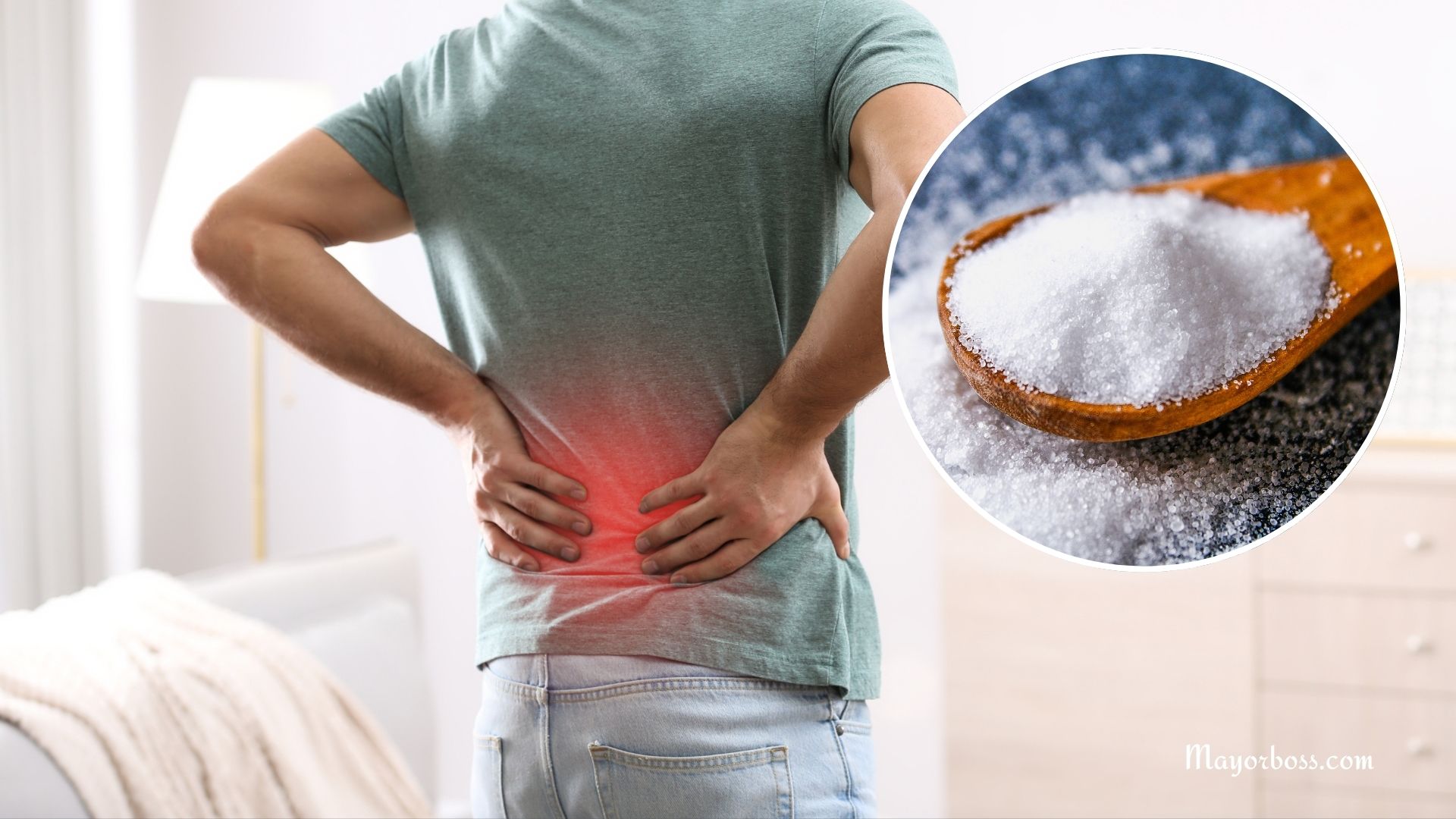Eating Too Much Salt Can Hurt Your Kidneys
Salt makes food taste good, but eating too much can hurt your kidneys. Kidneys are important because they clean your blood, balance water in your body, and control blood pressure. They also control important minerals like salt, calcium, phosphorus, and potassium. When you eat lots of salt, your kidneys have trouble doing their job. Here’s why.

Why Too Much Salt Is Bad
Eating salt makes your body hold extra water because salt has sodium, which attracts water. More salt means more water stays in your blood, making your blood pressure go up. High blood pressure is bad for the kidneys. Over time, this can cause kidney disease or even kidney failure.
How Salt Damages Kidneys
When your kidneys must filter a lot of salt, they work harder than normal. This extra work tires them out over time. High blood pressure from too much salt damages the tiny blood vessels inside your kidneys. Damaged blood vessels can’t filter your blood well.
This can lead to chronic kidney disease (CKD). CKD means your kidneys aren’t working properly, allowing waste to build up. You might feel tired, swollen, or sick. Eventually, CKD can become kidney failure. Kidney failure is serious and usually needs treatment like dialysis or a kidney transplant.
In fact, research shows that eating less salt can lower the chance of heart disease and slow down kidney damage in people who have chronic kidney disease (CKD).
Signs You’re Eating Too Much Salt
Your body shows signs when you eat too much salt:
- Feeling thirsty all the time
- Swelling in your hands, feet, or face
- Headaches often
- High blood pressure readings
If you notice these signs, eat less salt and talk to your doctor.
How Much Salt Should You Eat?
The American Heart Association and other health experts suggest eating less than 2,300 milligrams (mg) of sodium each day, which is about one teaspoon of salt. Even better is keeping it around 1,500 mg daily. Most people eat much more salt without knowing it.
Salt Hidden in Foods
Salt often hides in processed foods. Foods with lots of hidden salt include:
- Fast food and snacks
- Pizza
- Bread
- Soups
- Deli meats
- Cheese
- Ketchup, soy sauce, and salad dressings
Always check food labels. Look for words like “low sodium” or “no salt added.
How to Eat Less Salt
Here are some easy ways to lower your salt intake:
- Cook fresh foods at home.
- Use spices or herbs instead of salt.
- Don’t add extra salt at the table.
- Choose fresh fruits and vegetables.
- Snack on unsalted nuts or seeds.
Who Should Be Extra Careful?
Everyone should watch how much salt they eat, but these people need to be extra careful:
- People with high blood pressure
- People with diabetes
- People who already have kidney problems
- Older adults
For these groups, too much salt quickly causes big health problems.
When to Visit a Doctor
Regular doctor visits help catch kidney problems early. See a doctor if you:
- Notice swelling or puffiness
- Feel very tired
- Get headaches often
- Have high blood pressure
Doctors use blood tests or urine tests to check how your kidneys are doing. Early checks help prevent bigger problems.
Takeaway
Salt can make your food taste better, but too much salt harms your kidneys. Eating less salt helps keep your kidneys and blood pressure healthy. Choose fresh foods with low salt to protect your kidneys and stay healthy.
